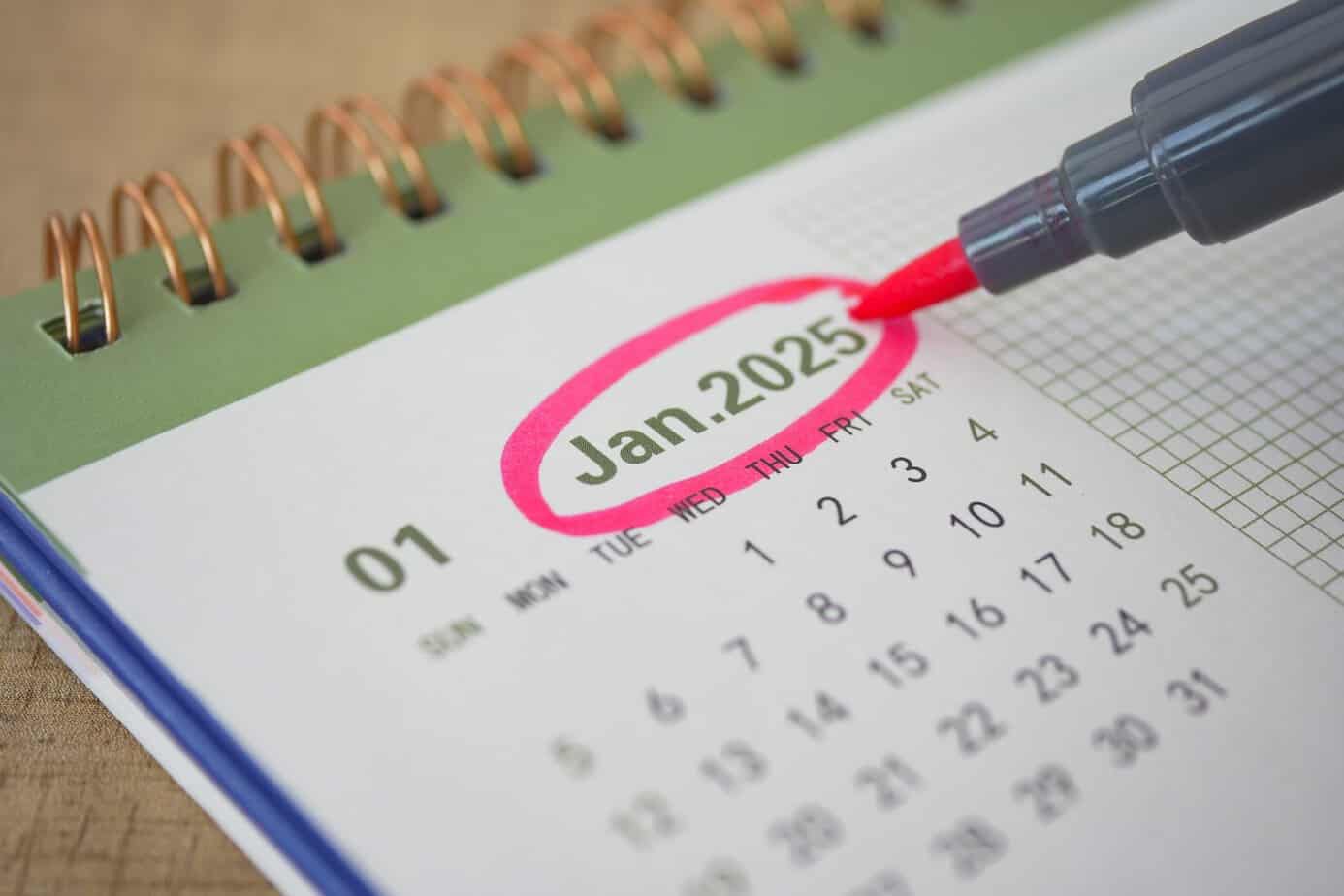Career coaching is something I write about often. And there is a reason. Career coaching is something many professionals don’t give enough importance to. The truth is that a lot of people, especially medical professionals, can use career coaches to kick start or even keep their professional lives moving forward. This even includes medical students who are just entering the job market, as well as seasoned medical professionals looking to manage or make changes to their careers.
A good career coach can come from a range of backgrounds so long as they can help you fulfill your potential. They should also be able to understand your career needs, have achieved good outcomes for past clients and be someone you are comfortable with challenging you. If you are looking for a career coach in Melbourne there are plenty of good options. Some good general career and executive coaches include: Katie Roberts, Tenfold Coaching, Michelle Pizer and Noted Careers Coaching. For doctors specifically there is Jocelyn Lowinger of Coach GP. But you should also consider that there may be other good coaches that are a good fit for you elsewhere.
Limiting your search just to Melbourne may not necessarily be the smartest thing to do these days especially with online video technology. I will explain why later in this post.
But first in order to determine who might make a good career coach we need to know what one does.
Tip 1. Know What Makes a Career Coach
When
we think about coaches we often think about sports coaches. And it’s a
reasonable metaphor to start with. One way of looking at is that a coach
simply takes you from one point to another, just like a bus. But at the
end of the day, you have to determine what your destination will be.
This is where the parallel with sporting coaches and career coaches
tends to differ. Often in sports, the destination is reasonably clear,
for e.g. make the finals, improve my time for the hundred metres. For
careers, it may be clear, for e.g. get into surgical training, or not so
clear, for e.g. do I want to take on a managerial position? That is why
career coaches are so important. We spend a lot of our time working,
and the truth is that a few major adjustments to our career lives can
make huge differences to our professional and personal futures.
For
instance, imagine the impact of completing your specialty training
earlier could have on your annual salary and lifestyle. or how a
different career leaves you with more time to spend on personal matters
which could do to help you build a closer family?
Paying a career
coach to help you fast track your career or make career changes and
adjustments can be a very smart investment when it results in a
significant boost to your income or helps you to meet other important
goals.
Generally speaking, a career coach should help you find
greater fulfillment in your profession and help you have the dream life
you want to make out of your career. Let’s face it, for most people,
the lives we dream of living depend substantially on the careers we
have. Coaches can also help those looking for jobs, and ensure that
those using their services do the best they can to fulfill their most
cherished career goals.
Tip 2. How to Find A Career Coach.
Now
that you have made the decision to invest in a career coach. Getting the
right fit is very important for you. A coach who has achieved wonderful
results with one person might not necessarily help you attain a similar
level of success as your coach. Therefore, here are some tips for
finding a good career coach.
1. Don’t consider their field, but their potential to help you achieve your goals
As
you look for a career coach, it is important to remember that he/she
does not have to be an expert at your specific field. So, if you are a
surgeon, you do not have to focus on finding a career coach with a
background in surgery. Similarly, for any doctor nderstand that there are lots of coach without a medical background who can help you.
The
most important thing as you look for a career coach is to find someone
who will inspire you and help you achieve your potential. A career coach
should help you ask yourself thought-provoking and actionable questions
that help you attain a particular career goal. A good career coach
should also offer guidance and empower you to take appropriate action so
that your career keeps moving forward.
2. Find someone who understands your career guidance needs
As
you look for a career coach, you have to understand what your
expectations are as far as these services go. You should try to work out
beforehand what outcomes you expect out of the assistance the coach
offers. So, whether you want a better paying job, or a more fulfilling
career, or a different career path, you have to understand what kind of
assistance you need.
That being said. If we knew exactly what we
wanted. We might already know how to get there and not need a career
coach. So a good career coach will also spend time with you to truly
clarify your goals. Sometimes clients enter into career coaching with
goals in mind that are really not their own goals but other peoples
goals. Career coaches can help to clear up goal confusion.
Otherwise,
if there is no clear focus on what your career goals are, a coach can
also help you out with this. From there, find out what the career coach
you are evaluating promises to help you achieve and see if it matches
the specific career goals you have in mind.
3. Look into what they have achieved in the past
You
can also have a look at their coaching bios and find out what former
clients have to say of their skills. For instance, have the coaching
skills helped someone in your specific field get what they wanted? Also
consider their experience, because someone who is just entering the
field might not be in a position to help you navigate an important
career obstacle.
4. Choose someone you are comfortable with
How
you feel about your career coach should also matter. You should trust
your intuition based on the conversation you have with the coach. If for
some reason you have doubts about their abilities to help you with your
career, then it’s worth looking at what other career coaches have to
offer.
At the end of the day, you should have a great rapport with your career coach. This is important because however successful the coach has been in the past with former clients, he/she might not be the best fit for you if your strained relationship gets in the way of their offering you sound career guidance.
You
should not just go and book sessions with the first coach you find with
the expectation that your career will be changed for the better.
Consider making a quick call with them first. Most good coaches will
offer a quick free call service because they are confident in their
abilities and they know this helps clients to make a decision about
their services.
Tip 3. Investigate How a Career Coach in Melbourne Costs.
There is no particular standard by which career coaches in Melbourne or other parts of Australia fix their rates. Career coaching is essentially a free market. You will generally be getting what you pay for. If a career coach sets a high rate it is generally because their clients see the sort of results from their coaching to pay that rate.
Bear in mind that when you are paying
for an hour of coaching you are probably not just paying for the coaches
direct time. They will have administrative costs to factor in and
possibly support staff, insurances, rent, website etc… They will also
likely be doing some work for you outside of the session, such as
researching issues, setting up for the next session and responding to
emails from you.
In Australia, most basic level career coaches will charge at least $150 for a one-hour session.
Some may provide discounted rates depending on your ability to pay.
These coaches tend to be more targeted to younger people just entering
the job market and might not have the experience and expertise to work
with the majority of medical practitioners who already have a developed
career.
Mid-range career coaches will charge somewhere between $300-600 AUD per session. These are the types of coaches who tend to work with most doctors.
An elite level career coach in Melbourne may charge $1,000 or more a session. If you are working as a medical Executive or CEO you might be able to afford the services of such a coach.
As
I mentioned most coaches will provide a discount based upon your
ability to pay. They may also pay a discount if you purchase a package
of coaching. Sometimes you need to ask about this. It never hurts to do
so.
Several factors come into play as far as career coaching goes.
including, how long you will work with the professional, as well as the
complexity of the goal you are trying to attain. Obviously, if you want
help getting starting a career in a specialty with high barriers to
entry, you might expect to need more sessions and pay a bit more than
someone who just needs once off help preparing for an upcoming job
interview.
It is important to remember that each career coach will
charge you different fees for the same types of services. So, even as
you try to find a bargain, it is important to remember that you will
generally get what you pay for.
If you want cheap services, then you might end up getting poor quality services as well. Generally, coaches who have been in the business for much longer can and do charge more, and that because they are usually more successful at helping their clients achieve their career goals. This assurance obviously comes at a premium. But you will probably also find that because you are paying more they are actually seeing fewer clients and will give you extra support outside of the formal coaching sessions.
That said, you
can always negotiate with your career coach so that you get a price
that you can handle. However, what your career coach has to offer also
matters. For instance, if they have a vast professional network that can
provide you with other forms of career assistance, then you can expect
to pay more. As opposed to coaches who will only stop at helping you
polish up your interview performance.
Tip 4. Understand What a Career Coach Does.
Career
coaches can do plenty to assist you to accomplish your career goals.
Some of the things they can help you out with include the following.
- Showing you how to deal with office politics
- Help you understand yourself, your career strengths, and what value you can offer
- Guide you on resolving feelings like frustration, anger, and resentment with regard to your current job
- Help you meet with more success at work
- Help you to manage difficult conversations and difficult team dynamics at work
- Help you to get better feedback on your performance at work
- Help you to manage your relationship with your boss
- Help you to manage your relationship with your co-workers
- Help you be a better manager, if your role involves managing
- Show you how to land your dream job or career
- Guide you towards your most appropriate career based on your skills and interests
- Assist you in planning, developing and managing your career path
- Help you recognize things that are stressing you at work and helping you deal with them
- Help you identify problems that affect your career and satisfaction as a professional
- Helping you find more passion in what you do when you are stuck in a rut
- Helping you to make a difficult decision about exiting your current career
It is important to realize that a career coach is there to assist you, which means you have to play your part as well. At the end of the day, you have to work towards becoming what you want as far as your professional life goes and resolving any career issues you might be facing. Essentially, they use their training, experience, expertise and skills to help you overcome hurdle that keep most people from becoming all they would like to be. Otherwise, these professionals are also restricted by other factors, including your qualifications, your attitude, and how well you are willing to work with them.
Conclusion.
At the end of the
day, you can think of a career coach as an experienced friend who can
help you achieve your dreams more easily or with greater chances of
success. Once you know what changes you need to be making in your career, you should hire this professional to help you along. While at it, consider what the professional you have in mind can offer, how much it will cost you, and what assurances you have as far as delivering on their promises goes.
Related Questions.
Question: Who trains career coaches?
Answer.
The
career coaching industry is not regulated. But some take courses, and
others do it because they have enough experience in the corporate world
to offer the much-needed guidance to people in search of the services
require to resolve the career issues they are facing. There are some
international organisations which some coaches belong to.
Question: How does career coaching work?
Answer.
Basically, the service involves talking through issues and ideas in order to get the services you desire as the client. If you want to land a dream job, you can get confidence building sessions to help you do better at things like interviews in addition to technical skills, such as how to write a killer CV. Sometimes there may be other activities performed by the coach for you, for example administering surveys on your behalf to get feedback on your impact at work.
Question: Does it matter if my career coach is in Melbourne or not?
Answer.
Some
people think that where the career coach comes from matters a big deal.
However, this is not always necessary, even if the desire is to have a
face-to-face interaction with the career coach. In fact with
technology these days it is incredibly easy to connect with a coach via
video on your computer or even smart device. This actually offers up a few advantages.
Firstly, it potentially expands the range of coaches you may be able to engage with.
Secondly,
it often makes scheduling appointments easier as the coach is not
pinned down to meeting you in a certain office or location at a certain
time.
Thirdly, it means you are not having to travel somewhere to see the coach.
Fourthly, the sessions can often be recorded and provided back to you to review.







